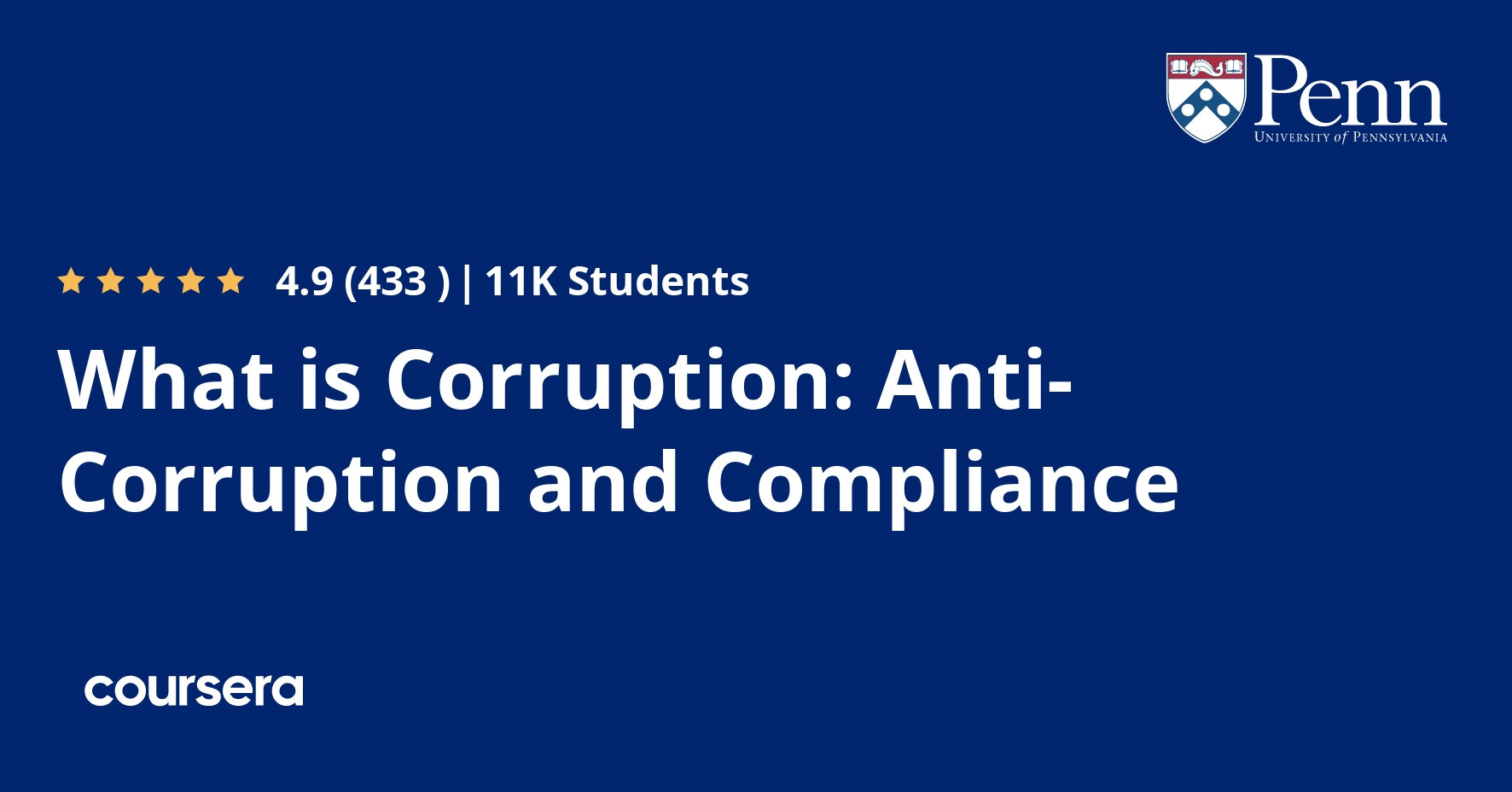Description
Have you ever paid someone for doing you a favor?
You may be accustomed to tipping wait staff or other service providers, but what if you paid a police officer for NOT issuing a parking ticket? Or if you gave a “gift” to a government official for signing a contract with your company? Tipping might be okay, but paying a bribe is a violation of the law.
Bribery is widespread and exists almost everywhere and in many forms. Compliance programs address this and other forms of corruption.
In this course we’ll discuss what corruption actually is by examining, for example, the difference between a tip and an illegal bribe. We will examine where corruption exists, how it exists, its ramifications, and the genesis of today’s anti-corruption laws. We’ll also focus on practical strategies for creating compliance policies and procedures that address and prevent corruption.
We will learn about the U.S. Foreign Corrupt Practices Act, the UK Bribery Act, and many other anti-corruption laws. Much of the course will focus on building out compliance policies and procedures that address corruption. We will also look at practical methods for preventing corruption in an organization as well as red flags and other mechanisms for identifying corruption early so that it can be adequately addressed.





